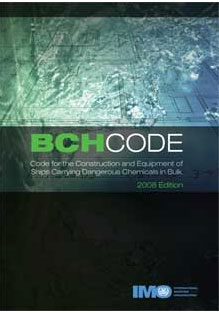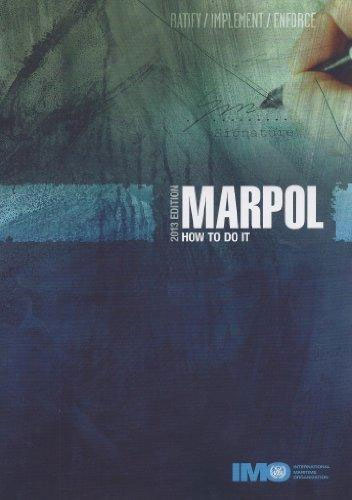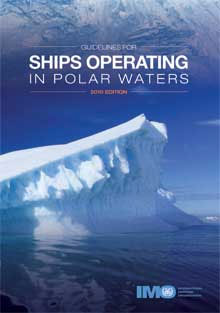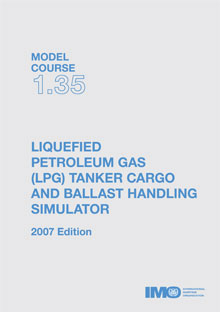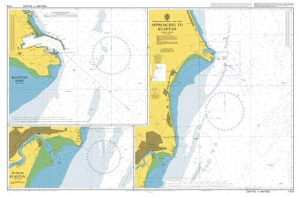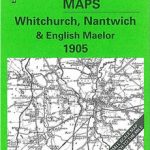Category Archives: Travel Guides
Hong Kong Convention, 2013 English Edition
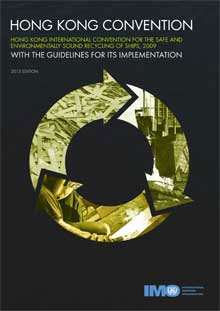
This publications presents:- the Hong Kong International Convention for the Safe and Environmentally Sound Recycling of Ships, 2009:- six resolutions adopted at the International Conference on the Safe and Environmentally Sound Recycling of Ships held under the auspices of the International Maritime Organization in Hong Kong, China from 11 to 15 May, 2009:- six sets
Basic Documents: Volume I, 2010 Edition
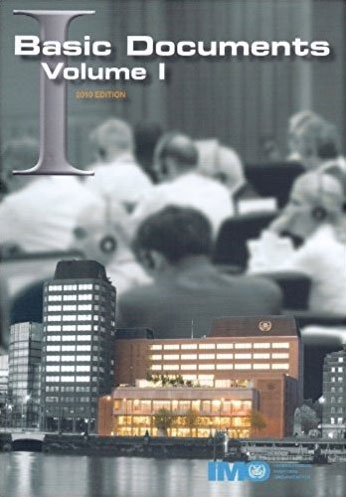
This edition incorporates amendments to the Convention on the International Maritime Organization up to December 2009.It also includes amendments to the Rules of Procedure of:- the Assembly up to December 2009;- the Council up to July 2009;- the Maritime Safety Committee up to June 2009;- the Legal Committee up to April 2009;- the Marine Environment
IMO/UNEP Guidelines on Oil Spill Dispersant Application Including Environmental Considerations (1995 Edition)
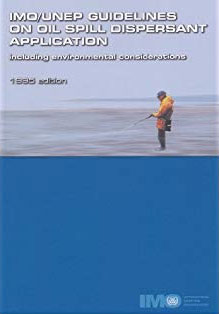
The Guidelines provide up-to-date information on the use of oil spill dispersants. They are intended primarily for use by Member Governments and other oil spill responders and should be read with the Manual on Oil Pollution, section IV: Combating Oil Spills. The present edition of these Guidelines supersedes the 1982 edition.
Oil Spill Risk Evaluation, 2010 Edition
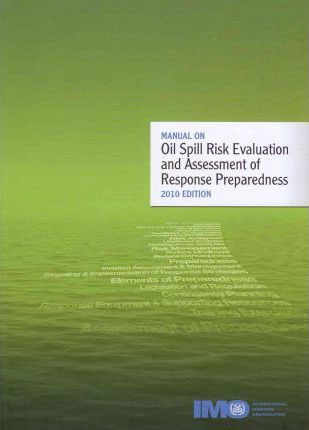
This Manual provides:- Information on oil spill risk evaluation and assessment for the development of preparedness and response;- Guidance for industry and Governments, particularly those of developing countries, in assessing risk and the adequacy of contingency plans; and- Suggestions on how to resolve the potentially complex and varied issues of the assessment process.
International Convention on Standards of Training, Certification, and Watchkeeping for Fishing Vessel Personnel, 1995
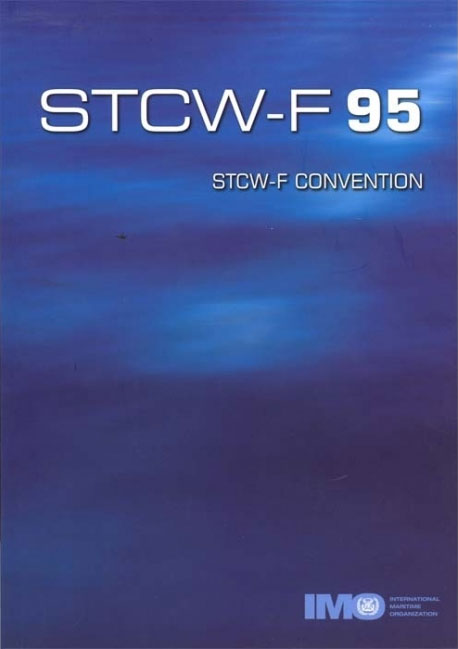
STCW-F 95 contains:- the Final Act of the Conference on Standards of Training, Certification and Watchkeeping for Fishing Vessel Personnel, held in London from 26 June at 7 July 1995;- resolutions adopted by the Conference- a complete text of the International Convention on Standards on Training, Certification and Watchkeeping for Fishing Vessel Personnel (STCW-F), 1995.This
Guidelines for the Development of Shipboard Marine Pollution Emergency Plans (SOPEP)
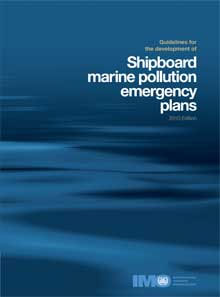
Regulation 37 of Annex I of MARPOL requires that oil tankers of 150 tons gross tonnage or more and all ships of 400 tons gross tonnage or more carry an approved shipboard oil pollution plan (SOPEP). The International Convention on Oil Pollution Preparedness, Response and Co-operation, 1990, also requires such a plan for certain ships.Regulation
Diving Systems, 1995 (1997 Edition)
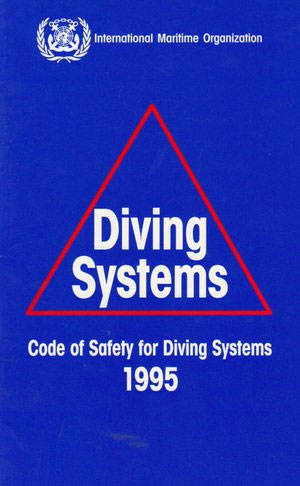
This Code (resolution A.536(13) as amended by resolution A.831(19)) was formulated to minimize the risks to ships and to floating structures equipped with diving systems and their divers and personnel and to facilitate the international movement of these ships and floating structures in the context of diving operations. To achieve this the Code recommends design
MARPOL – How To Do It
Guidelines for liquids transported in bulk, 1997 Edition
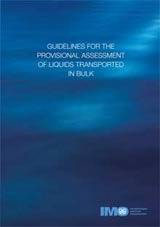
These Guidelines were approved in conjunction with the extension of the unified interpretation of regulation 3(4) of Annex II of MARPOL 73/78, which made it possible for Administrations to authorize manufacturers to carry out provisional assessments on IMO`s behalf. The Guidelines also provide step-by-step procedures for ascertaining the carriage requirements of all liquids offered for
Manual on Oil Pollution (Section III, Salvage), 1997 Edition
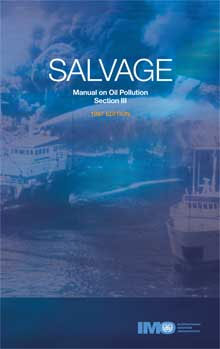
The Manual on Oil Pollution currently consists of four sections (sections V and VI are imminent), some of which have already been revised since they were first published. Section III – Salvage was first published in 1983 and has now been extensively revised by the MEPC to extend its coverage to include substances other than
Manual on Oil Pollution (Section VI, IMO Guidelines for Sampling and Identification of Oil Spills), 1998 Edition
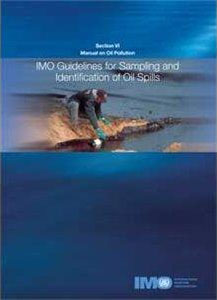
The IMO Guidelines from Sampling and Identification of Oil Spills are intended to provide guidance to Governments, including those of developing countries, on the techniques, equipment and strategies for sampling oil to identify unknown sources of spilled oil. Although references are given for the laboratory methods required for analysis, the emphasis in this text is
Pollution Prevention Equipment under MARPOL, 2006 Edition
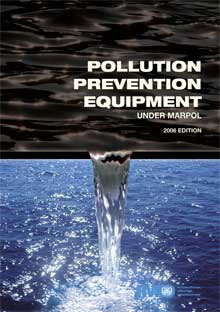
The purpose of this publication is to provide easy reference to the International Maritime Organization (IMO) resolutions on shipboard pollution prevention equipment that are required under MARPOL.MARPOL requires ships to be fitted with certain pollution prevention equipment, including oil filtering equipment, oil discharge monitoring and control systems, oil content meters, oil/water interface detectors, sewage treatment
Ship Recycling Guidelines, 2006 Edition
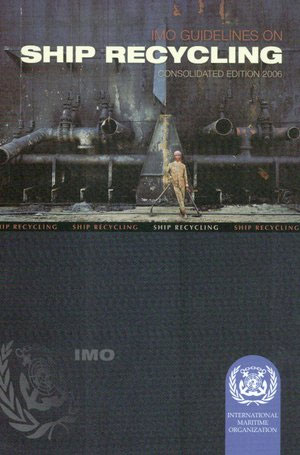
The IMO Guidelines on ship recycling recognise that, in order to contribute towards improvements in ship recycling, it is necessary to consider the ship throughout its life cycle, and also that the use of hazardous materials should be minimized in the design, construction and maintenance of ships, without compromising their safety and operational efficiency, and
LPG Tanker Cargo & Ballast Handling Simulator, 2007 Edition – IMO Model Course
Guidelines for the Design and Construction of Offshore Supply Vessels (OSV) 2006
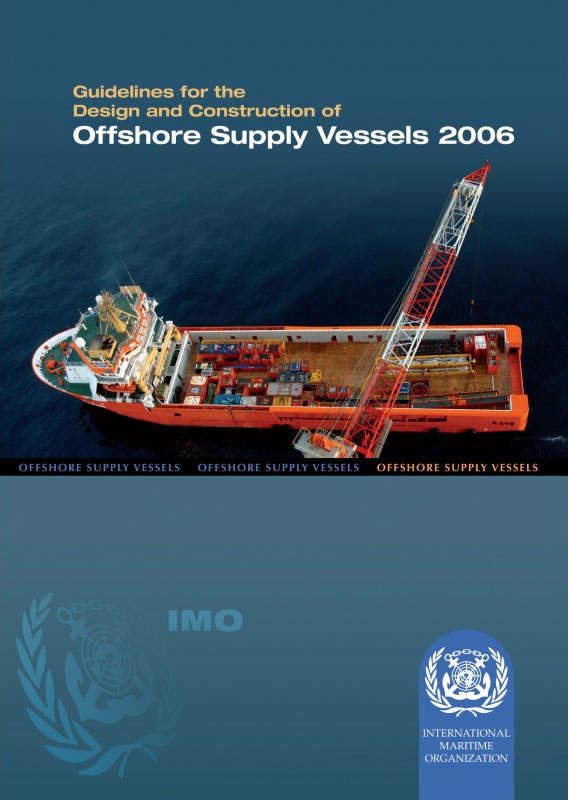
These Guidelines have been developed for the design and construction of new offshore supply vessels with a view to promoting the safety of such vessels and their personnel, recognizing the unique design features and service characteristics of these vessels.Furthermore, these Guidelines provide a standard of safety equivalent to the relevant requirements of the International Convention
Casualty investigation code (2008 Edition)
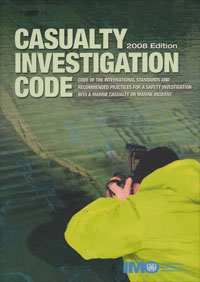
The Code will require a marine safety investigation to be conducted into every “very serious marine casualty”, defined as a marine casualty involving the total loss of the ship or a death or severe damage to the environment.The Code will also recommend an investigation into other marine casualties and incidents, by the flag State of
IMO/UNEP Guidance Manual on Assesment and Restauration, 2009 Edition
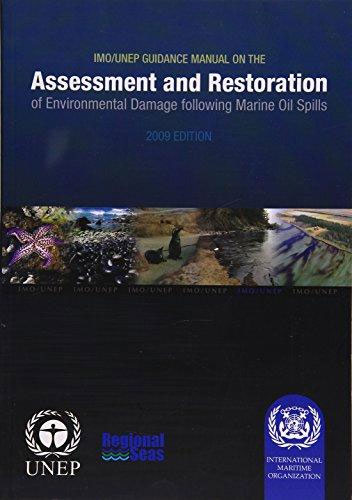
The objective of the Manual is to provide guidance on strategies that may be used to assess the damage and subsequent recovery of the environment resulting from marine pollution incidents. Available techniques are considered together with criteria to help judge the feasibility of such measures to bring about successful recovery of those environments.The Manual emphasizes
Guidance for Dredged Materials, 2009 Multilingual Edition
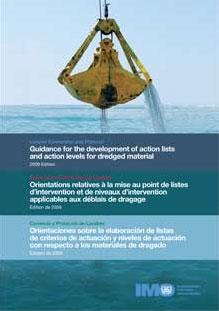
The guidance assists regulators and policy makers on the selection of Action Lists and the development of Action Levels for dredged material proposed for disposal at sea. An Action List is a set of chemicals of concern, biological responses of concern, or other characteristics that can be used for screening dredged material for their potential







